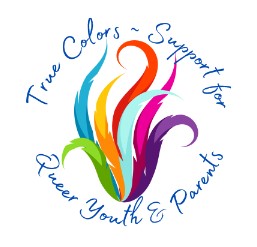This post was last updated on January 18, 2024
From Stephanie Yancy:
Some of you have asked how to reach me. You can reach me via email through the link at the bottom of this blog post and via the staff page of the website. You may also call me on the office phone: 919-846-8338. If you leave a general message, Bradley will see that I get it. If your message is confidential please press 1 when you get to the welcome message, which will take you to my private extension. You may also call my cell phone: 410-971-8111. Please don’t hesitate to call if you need me.
When will I be in the office? My plan is to be in the office on Monday mornings and all day on Wednesdays and Thursdays. There will be times when I will have meetings outside of the office on one of those days, so you might want to call or email to make sure I’m in before making the trip. I’m also open to making appointments outside of my office hours; just call or email me to set something up. On Tuesdays I work from home; again, feel free to email or call me if you need me. Fridays are my sabbath, meaning please don’t call or expect an email response from me unless there is a pastoral emergency.
When should you call me? Always call if there is a pastoral emergency such as a hospitalization or death. At other times, if you need a quick response to a question and don’t want to wait for me to see your email, feel free to call or text me. As a general rule, call me whenever you would have called Stephanie Allen.
How should you address me? Adults may call me “Stephanie” or “Rev. Stephanie” — I don’t have a preference. I think it’s helpful for children to call me “Rev. Stephanie”.
The bottom line: I want to be accessible. I’d love to hear from you. If I haven’t answered your questions about how to reach me in this post please let me know – by email, text or phone call. Thanks!
— (The Rev.) Stephanie Yancy
From Cathy Deats:
As lead of our Interim Rector team, The Rev. Stephanie Yancy has clearly outlined ways to reach out to her.
Here are the ways to reach me:
You can email me at the link below.
You can usually find me in the office on Wednesdays from 9:30 am to 2:30 pm. For appointments, I can be available at other weekday times.
You can call or text me at 908-500-2463.
Since my role is quarter time, you will see me at church most but not all Sundays. Mondays and Fridays are my sabbath, and both can be interrupted only by pastoral emergencies.
I prefer to be addressed as “Cathy”, but if anyone prefers a more formal address, “Dr. Deats” is the way to go.
Stephanie and I share a bottom line: We want to be accessible.
— (The Rev. Dr.) Cathy Deats






